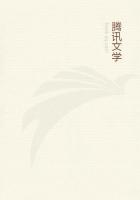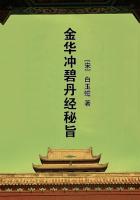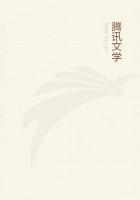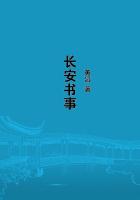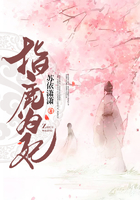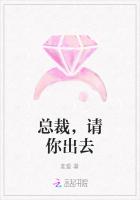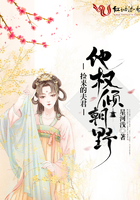English edition 1897A chapter from Studien uber die wirthschaftliche Politik Friedrichs des Grossen, published in German, 1884.
To pass judgment as economists upon a whole historical period necessarily involves a comparison of it with what preceded and what followed; involves, that is to say, our understanding it as occupying a place in some larger movement of economic evolution.
One naturally begins, therefore, by thinking of the various ways in which men have hitherto attempted to picture to themselves the development of the nations, and thereby to comprehend it in a complete theory. They have either fastened upon the parallel between the life of a people and the life of an individual; or they have conceived of a series of stages, in which (1) pastoral life, (2) agriculture, (3) industry, and (4) trade, or (a)barter, (b) the use of currency, and (c) trade resting upon credit, have followed one another in orderly succession. These are conceptions which do, indeed, each take hold of one portion of the contents of the process of economic evolution, and for the comparison with one another of many periods and communities they are appropriate enough; but with regard to the particular matter we have now in hand, the mercantile system, they give us little help, and may even lead us astray. And it is also clear that we could, with equal propriety, construct other formula, taken from the history of the population, of the settlement of the country, of the division of labour, of the formation of social classes, of the processes of production, or of the means of communication;and that each of these, so far as it went, and all of them, -together with those before mentioned, - would be of service for the creation of a complete theory of the development of mankind.
But none of these sequences of thought seems to me anything like so important and significant as that which I shall venture to put in the foreground, as a means of setting the mercantile system in its true light. What I have in mind, is the connection between economic life and the essential, controlling organs of social and political life, - the dependence of the main economic institutions of any period upon the nature of the political body or bodies most important at the time.
In every phase of economic development, a guiding and controlling part belongs to some one or other political organ of the life of the race or nation. At one time it is the association of the kindred or tribe; at another the village or mark; now it is the district, and then the state or even a federation of states, which plays this part. It may or may not coincide substantially with the contemporary organisation of the state or of national, intellectual, or religious life; nevertheless it rules economic life as well as political, determines its structure and institutions, and furnishes, as it were, the centre of gravity of the whole mass of social-economic arrangements. Of course it is not the only factor that enters into the explanation of economic evolution; but it appears to me the fullest in meaning, and the one which exercises the most penetrating influence upon the various forms of economic organisation that have made their appearance in history. In association with the tribe, the mark, the village, the town (or city), the territory, the state, and the confederation, certain definite economic organisms have been successively evolved of ever wider scope:
herein we have a continuous process of development, which, though it has never accounted for all the facts of economic life, has, at every period, determined and dominated it. Within the village, the town, the territory, and the state, the individual and the family have retained their independent and significant position;division of labour, improvement of the currency, technical advance, have each pursued their course; the formation of social classes has gone on in particular directions; and yet economic conditions have, throughout, received their peculiar stamp from the prevalence at each period of a village economy, a town economy, a territorial economy, or a national economy; from the splitting asunder of the people into a number of village- and town-economies loosely held together, or from the rise of territorial or national bodies which have taken up into themselves and brought under their control the earlier economic organs. Political organisms and economic organisms are by no means necessarily conterminous; and yet the great and brilliant achievements of history, both political and economic, are wont to be accomplished at times when economic organisation has rested on the same foundations as political power and order.
The idea that economic life has ever been a process mainly dependent on individual action, -- an idea based on the impression that it is concerned merely with methods of satisfying individual needs,- is mistaken with regard to all stages of human civilisation, and in some respects it is more mistaken the further we go back.

